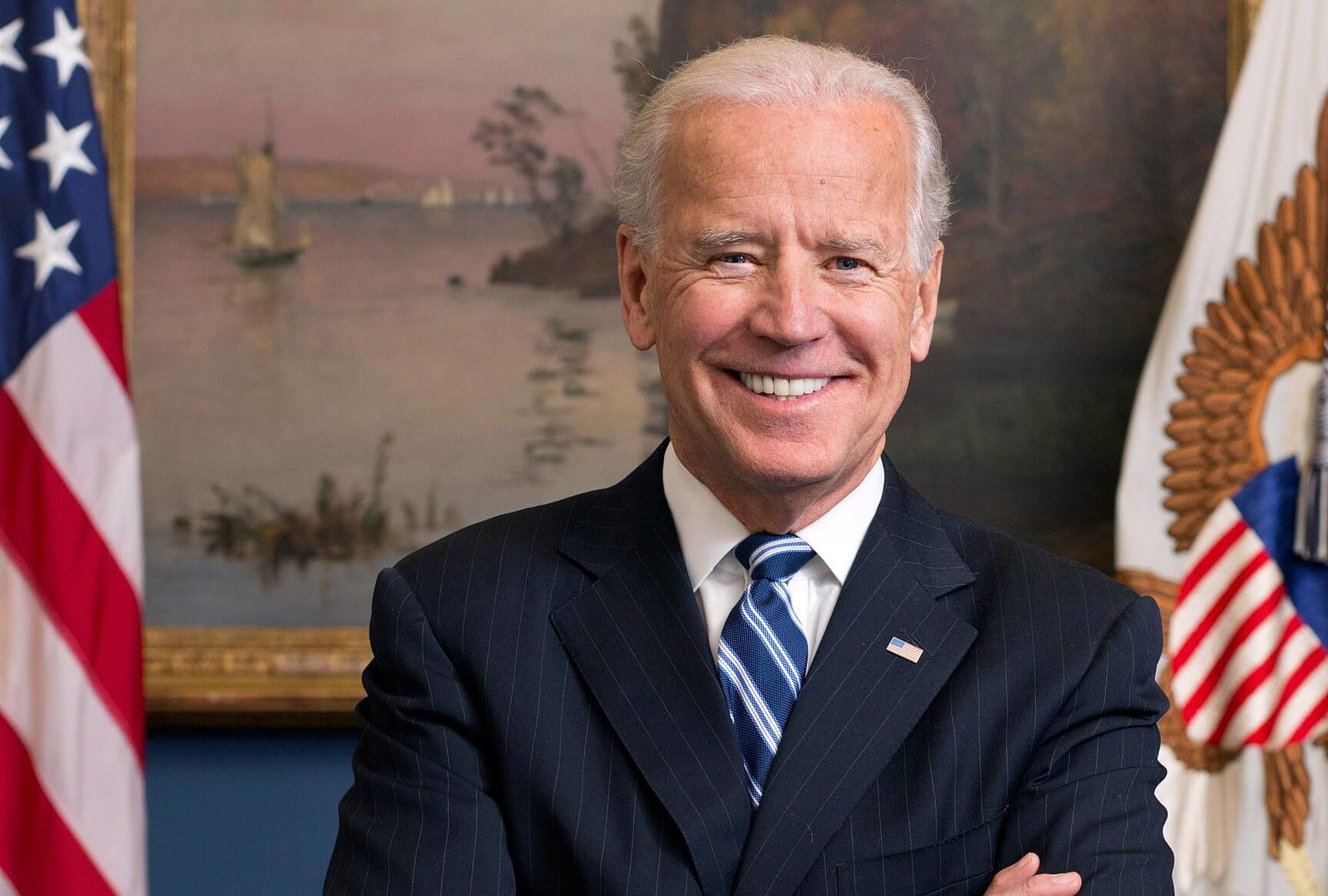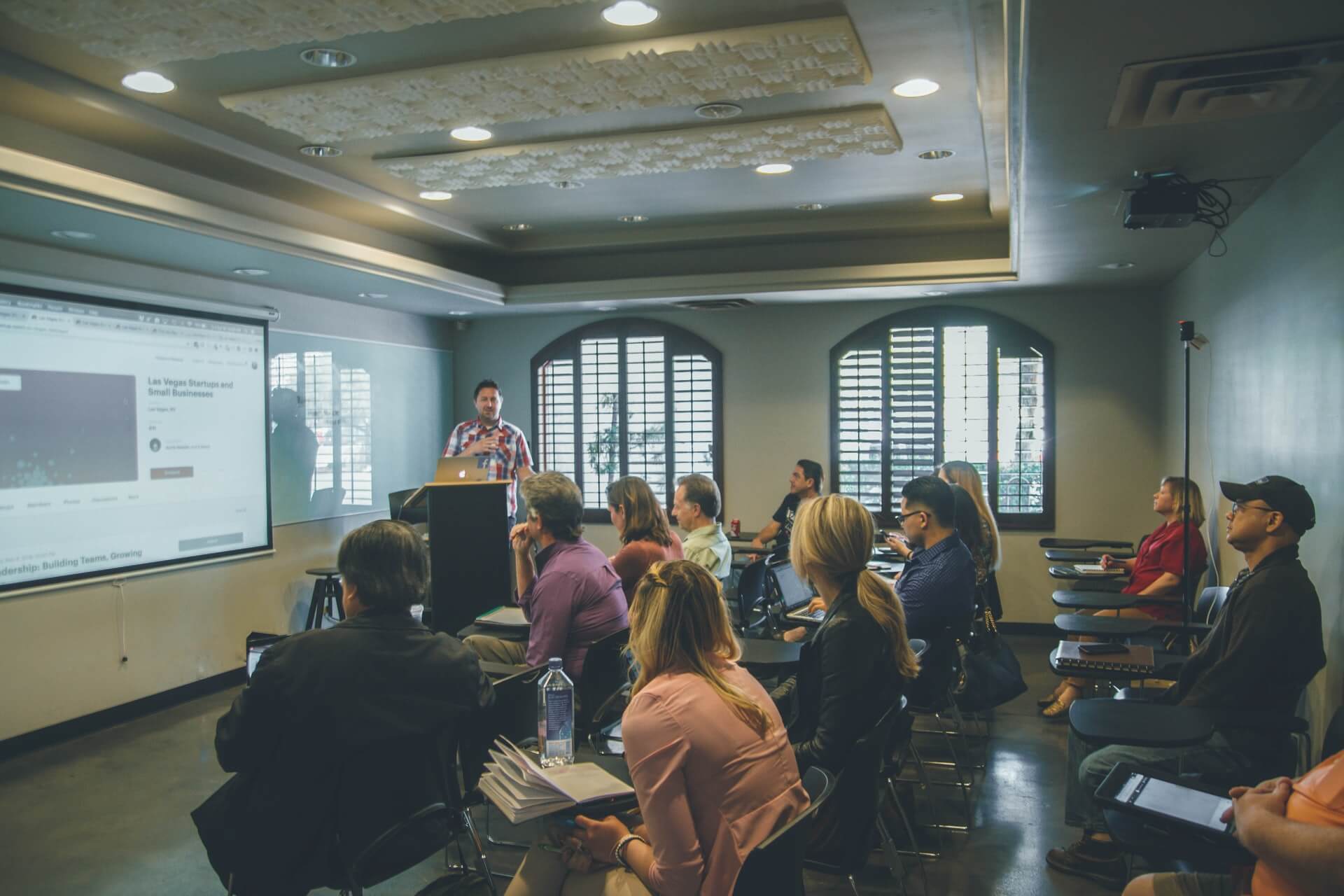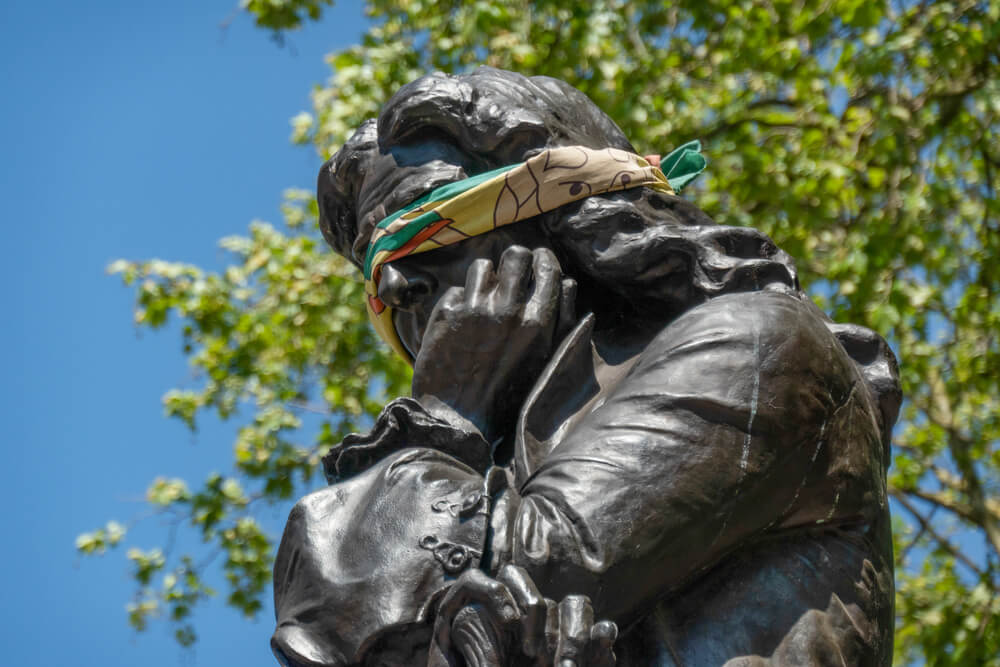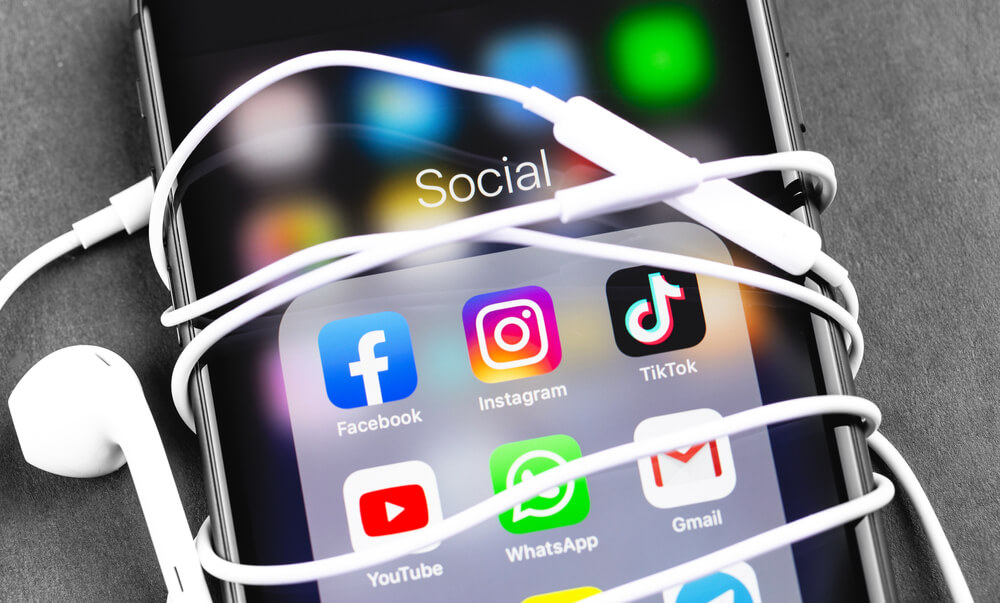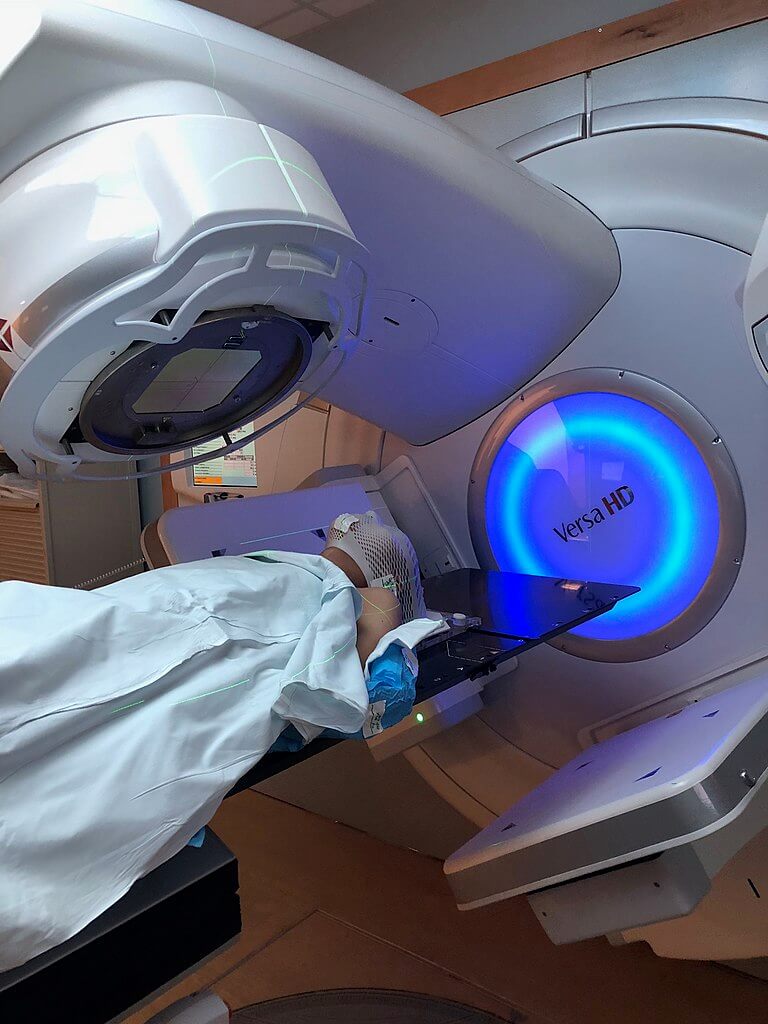If Mitch McConnell’s toadying Senate has its way, we are to have a more conservative Supreme Court come the elections in November, even though it looks like the current concept of harsh conservatism will be roundly rejected in them.
One branch of government, if President Donald Trump and McConnell have their way, will be handed over to an extreme vision of conservatism that has no deep-seated philosophy behind it.
It is a corruption of a noble stream of political thought and its consequence is a political class that adheres to narrow, divisive issues that have an oppressive social effect. Taken together these have the result of seeming to be heartless and causing pain to the poor and under-educated.
That isn’t the conservatism we have known for decades: the conservatism of Richard Nixon, Gerald Ford, Ronald Reagan and the two George Bushes. It is a political virus that threatens the Grand Old Party with years of loss of elective office.
If these aberrant Republicans use their form of judicial activism to keep Trumpism alive, they will be ensuring today’s ugly discord for a long time.
The issues which divide us aren’t the solid Republican values of yesteryear of limited government, free trade, market solutions, open opportunity, strong defense, active scientific inquiry, educational excellence, personal freedom and privacy, and universal prosperity.
Not the cramped and spleen-imbued issues that are about to dominate the Senate GOP’s foraging for like-mindedness in the coming hearings.
They are out to burden conservatism with narrow views on a few issues which aren’t intrinsically conservative, including:
- Abortion
- The death penalty
- Healthcare
- Sexual preference
Rigidity on these matters — except for sexual preference — has the effect of laying a disproportionate burden on the poor and, therefore, stimulating the far left of the Democratic Party, empowering the followers of Rep. Alexandria Ocasio-Cortez (D-N.Y.).
Take just two matters. Abortion falls heavily on the poor. Nobody suggests that it is a good means of contraception, but unwanted pregnancies do occur. They can break up families, cause economic burdens, and bring children into untenable poverty, social dysfunction and other misery.
What women do in private shouldn’t be governed by the Senate or the court.
End Roe v. Wade and rich women will still be able to go to another country or in other ways pay for a safe end to a pregnancy. Appointing a staunch religious anti-abortionist to the Supreme Court is to put a thumb on the scales of justice and to blur the line between church and state for a transient political purpose: reelecting Trump.
The death penalty, which has failed spectacularly as a proven deterrent to murder, likewise falls mainly on the poor — often the poor and mentally challenged. The record shows that rich people aren’t taken to the death chamber at dawn. Superior lawyering from the moment of arrest keeps them from later capital punishment.
What is the ultra-conservative value proposition then?
The same imbalance extends throughout our remarkably punitive legal system that punishes those on society’s bottom rungs more aggressively than those at the top.
Families were destroyed and social mayhem resulted in the mortgage excesses of the last financial crisis. I saw it devastate one of my employees of that time: a struggling Black man of impeccable character but limited education who was talked into unwise refinancing by rapacious mortgage lenders.
He lost his home, his good name, everything. No one across the length and breadth of the scandal went to prison for the damage their greed inflected.
All the other right-wing issues of the day have the same characteristics: They defend the upper reaches of society, those with money, and are harsh and inconsiderate of the rest.
Healthcare glares in this. A patchy and capricious system will become worse for tens of millions of Americans if the legal attack on the Affordable Care Act by the Trump administration goes against the sick in the Supreme Court — a court weighted against ordinary people in pursuit of a suspect interpretation of conservatism.
Radical conservatism is also out to extinguish the labor movement, or what is left of it. A robust labor movement is a bulwark against the pitiless downgrading of the worker from dignity to subservience, living in fear and rewarded inadequately.
The rush to the bottom is becoming a national sinkhole. We can all fall into it eventually.

